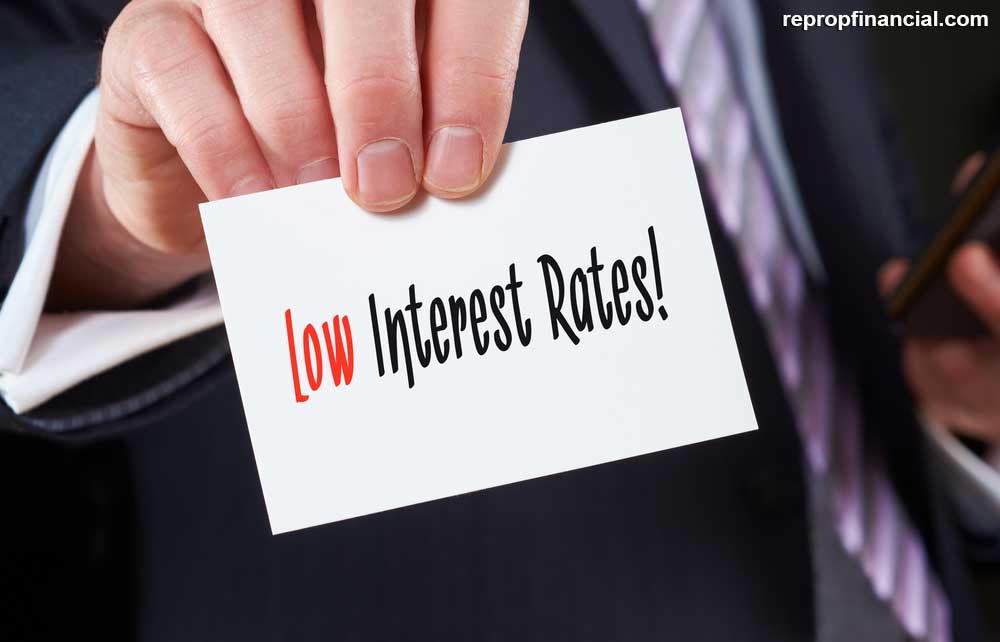
What Is a Low-rate Mortgage Rush?
Interest rates have a large impact on the cost of purchasing residential and commercial properties. When interest rates dip, homeowners and commercial investors may seek to refinance for their mortgages or may be willing to take on additional debt during this favorable time in the housing market.

Mortgage rates are generally tied to the prime rate which is influenced by the Federal Reserve, also known as the Fed in financial circles. As some economic indicators continue to decline, the Fed has been cutting the rates it charges banks for funds. This has, in turn, resulted in much lower rates for residential and commercial mortgages. Consumers and investors have responded to these rate cuts by creating a surge of applications in the mortgage marketplace.
How the Low-rate Mortgage Rush Is Affecting Lenders
Lenders have already experienced some difficulties in keeping up with the demand for mortgages in the current housing market. With staffing issues made worse by pandemic conditions, some traditional lenders are experiencing significant backlogs for new mortgage applications. To complicate matters, even more, lending institutions are also seeing a major increase in refinancing applications.

Borrowers with adjustable-rate mortgages are often trying to convert these to fixed-rate mortgages to lock in the new lower interest rates for themselves and for their investment portfolios. Conversely, some borrowers are interested in adjustable-rate mortgages to start their journey as an investor or homeowner. In all cases, borrowers can expect to wait longer for approvals and to face somewhat stricter criteria in the traditional lending marketplace.
Missed Opportunities and Future Sticker Shock
Attempting to obtain mortgage loans in the traditional marketplace can be a challenging and lengthy process, especially during the current low-rate mortgage rush. For investors and homeowners interested in obtaining the property they want in a prompt and efficient way, these lending processes can often stand in the way of making an offer on a property and closing on it quickly. In a highly competitive housing and commercial property marketplace, this can result in missed opportunities for many borrowers.

Both lenders and borrowers can experience issues with adjustable-rate mortgages. While these types of mortgages offer some advantages to lenders, the steep increases that may occur when rates eventually go up can lead to sticker shock for borrowers and increased rates of default for lenders. If you are considering an ARM, exploring all the options available to you can promote the best outcomes for your funding search.
Why You Should Consider an Alternative Lender
Alternative lending companies can offer faster disbursement of funds and a clear understanding of the terms and conditions of your mortgage loan. At ReProp Financial, we are an alternative lender funding direct loans to commercial and investment residential clients throughout California, Arizona, Idaho, Oregon & Washington State. Give us a call today at 1-800-444-2948 to submit a loan or to touch base with us!


